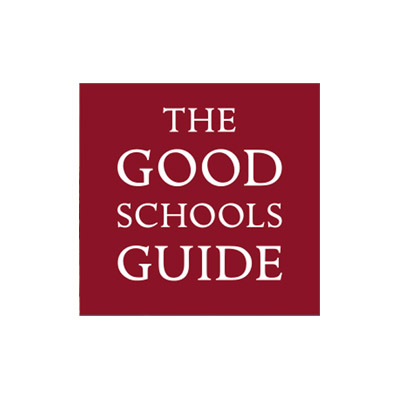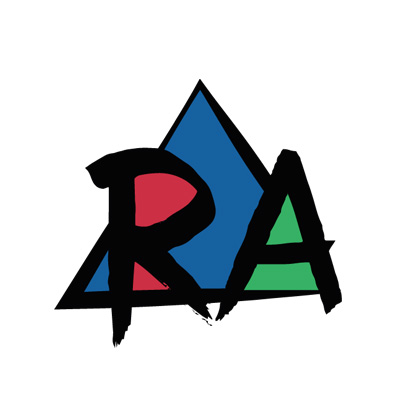Reporting to Parents
Key Stage 3
1. Bronze, Silver or Gold.
Your daughter will have been placed in one of the following bands based on her academic performance. As you will be aware the first five years of your daughter’s schooling leads to GCSE examinations. It is helpful for parents to have an idea of the sort of grades that a student is on track for and so we have put together this system to help you and your daughter stay on track and to be successful. Please note, these bands are not set in stone and will be reviewed at the end of each year.
|
Bronze |
They are aiming for GCSE grades 3-5 in this subject. |
|
Silver |
They are aiming for GCSE grades 5-7 in this subject. |
|
Gold |
They are aiming for GCSE grades 7-9 in this subject. |
2. Within the Bronze Silver or Gold bands your daughter’s academic progress will be graded.
|
Above Expected |
They are working at the top end of the grade range. |
|
Expected |
They are working within this grade range |
|
Below Expected |
They are working below this grade range. |
|
Cause for Concern |
There are serious concerns about their progress in this subject. |
3. They will also continue to receive an Attitude to Learning grade.
|
Outstanding |
They are well prepared for lessons, always do their homework, and are committed and ready to learn. They also sometimes do ‘extra’ that really improves their work. |
|
Good |
They are well prepared for lessons, always do their homework, and are committed and ready to learn. |
|
Needs improvement |
There are aspects of their attitude that need improvement. |
|
Cause for Concern |
There are serious concerns about their readiness to learn. |
4. A Target for Improvement.
This target for each subject will help your daughter focus on what it is she needs to improve upon to make more progress in the next academic year. This will be on the end of year report only.
Key Stage 3 (Years 7-9)
|
When you will get the report |
What will be on the report |
|
End of Christmas Term |
Bronze Sliver Gold/ ATL / Progress |
|
End of Spring term |
ATL/ Progress |
|
End of the Academic Year |
ATL Progress Target Y7 and 8 Exam % and class average |
For Subjects on a carousel the students will get a ATL and Progress score for the subject they have studied that term. There won’t be a Target for these subjects as this will be on Google Classroom.
Key Stage 4 (Years 10-11)
At the start of Key Stage 4 your daughter will be given a target grade in each of her subjects.
She will be given Attitude to Learning grades in the same way as KS3 and Working at and Predicted Grades will all be GCSE grades 1-9.
|
When you will get the report |
What will be on the report |
|
End of Christmas Term in Year 10 |
Target grades/Attitude to Learning/Working at Grade/Predicted GCSE Grade |
|
End of Spring Term in Year 10 |
Target grades/Attitude to Learning/Working at Grade/Predicted GCSE Grade |
|
May half term |
Y 10 Exam Grades |
|
End of Summer Term in Year 10 |
Target grades/Attitude to Learning/Working at Grade/Predicted GCSE Grade Target for Improvement from each subject. |
|
December |
Y 11 Mock grades |
|
End of Christmas Term in Year 11 |
Target grades/Attitude to Learning/Working at Grade/Predicted GCSE Grade |
|
End of Spring Term in Year 11 |
Target grades/Attitude to Learning/Working at Grade/Predicted GCSE Grade |
Key Stage 5 (Years 12-13)
At the start of Key Stage 5 your daughter will be given a Target grade called Alps. She will also be given an ATL which is slightly different to KS3 and 4. Her Predicted Grade will be grades A*-E.
‘Academic concern’ tells us if we are concerned that she will not make her target grade.
|
When you will get the report |
Year |
What will be on the report |
|---|---|---|
|
October half term |
12 |
Alps ATL |
|
13 |
ATL PG |
|
|
End of Christmas Term |
12 |
ATL Academic concern,WA |
|
13 |
ATL PG (carried over) |
|
|
March |
12 |
ATL Academic concern |
|
13 |
ATL Mock grades PG |
|
|
May |
12 |
ATL Academic concern |
|
June |
12 |
ATL Mock grades PG |
FAQs
Can my daughter achieve higher levels than her Bronze or Silver targets?
Yes! If she consistently exceeds progress expectations, her target can be raised to keep her motivated and challenged.
My daughter is on a Bronze, does this mean low expectations?
Definitely not! Progress takes time and some students develop higher academic skills as they enter puberty. Their targets are based on their KS2 scores and CATS. At Holy Cross our students consistently achieve higher than national data so we will challenge and encourage her to aspire as high as she can.
Should I be concerned if my daughter does well in one report but not so well in the next one?
Not always. Sometimes a student will perform less well in one assessment than another. Please contact her teacher to find out why there was a dip. If there is a pattern of Below Expected Progress in a number of subjects, please contact your daughter’s tutor to arrange for intervention.
Why do we have Attitude to Learning as well as progress on reports?
Attitude to learning is an indicator of the level of your daughter’s commitment to learning. It includes their focus and contributions in lessons, their willingness to respond to feedback about their learning, and the effort evident in their classwork and homework.
What happens if her progress is good but her Attitude to Learning is not Good or Outstanding?
If a student receives 3 or more “Needs improvement” or ‘Cause for Concern’ on her report then she will automatically go on Tutor Report and her Attitude to Learning will be reviewed at the next report point. If her ATL does not improve she will then be escalated to Director of Year intervention.
What can I do as a parent to support?
Parental support has a strong influence. We recommend that you sit down with your daughter and look at her books with her. Ask her to explain what she has learnt in her assessments and what she finds difficult. Try to create a quiet place where she can study, and make sure she gets down to work as soon as possible when she comes home in the afternoons. Check her homework planner regularly to see if she is doing her homework. Make sure she revises the work done in class – it is important to read again or make study notes on what she has learnt in order to consolidate it in her memory. Ensure that her phone is not in use when she is doing homework. If you have any concerns at all, either contact her tutor if it is a general worry or the relevant Head of Department or subject teacher if it is more specific.







